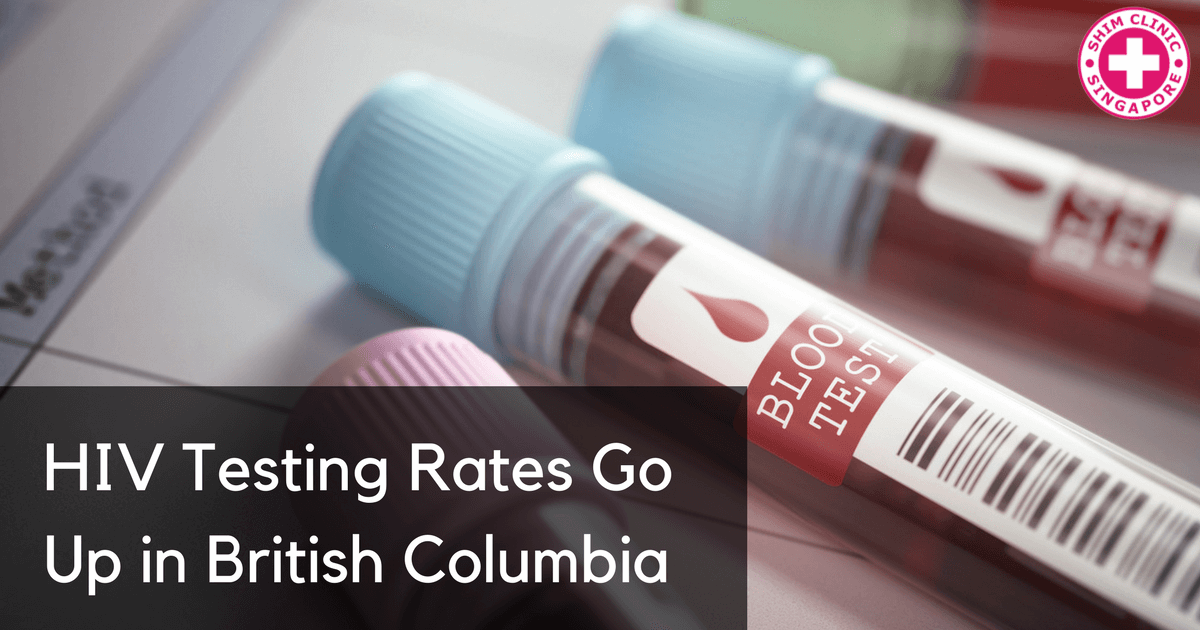There has a remarkable increase in the number of people going for HIV testing in British Columbia over the years. The numbers show that HIV tests in B.C. have doubled since 2011.
According to Rolando Barrios based at the BC Centre for Excellence in HIV/AIDS, the HIV testing rates have increased in both men and women following the recommendation that all BC health care providers offer tests to anyone over the age 18. The recommendation was introduced in 2011.
Consistent HIV Testing Campaigns
B.C. has been a worldwide leader in the fight against HIV/AIDS. It’s actually the only Canadian province that has consistently shown a decline in new HIV infection incidents.
B.C. has been actively promoting preventive measures to hinder transmission of the virus. HIV testing has been a huge campaign in the province with campaigners promoting routine testing. This has resulted in early diagnosis and treatment of people who turn out to be HIV positive.
The province also promotes routine testing especially among high risk groups. Such people are advised to get tested every six months.
By knowing one’s HIV status, it becomes easier to protect yourself and your loved ones as well.
Some health care providers in B.C. have been offering anonymous, free HIV tests that only take five minutes to get results. This has greatly promoted testing especially among the young people who feel embarrassed to walk into a clinic for testing.
Stakeholders in the health sector have also been holding workshops for doctors to teach them on how to effectively talk to patients about the importance of HIV testing.
Healthcare Access Still an Issue
Despite this good news of increased testing rates, there is still a huge concern about people’s attitude towards HIV treatment.
Preliminary results from a study conducted by STOP HIV/AIDS Program Evaluation (SHAPE) show that 79 percent of the 454 participants find it easy to access HIV care.
However, 94 participants raised issues that prevented them from accessing HIV care. Among the issues raised included not aware of who to talk to about HIV care, and that available HIV care services were too far from them.
The people involved in the study were mainly from outside Vancouver. This could explain why they were facing issues with availability, distance and waiting times to access services.
This goes to show that geography is an issue when it comes to accessing health care services because it means people have to go far to access the services.
Another reason why access was low is stigmatization. People report feeling embarrassed to talk about their HIV status for fear of stigmatization. Many of them don’t know whom they can trust and be comfortable openly discuss their HIV status with.
Routine HIV testing is important because it allows for early detection and treatment. Taking HIV PEP or starting HIV treatment early has been proven to improve quality of life, prevent the virus from progressing to AIDS and also decreasing the chances of the patients transmitting the virus to their partners.
However, while encouraging people to get tested is good, authorities also have to make sure that they offer adequate health care services for those people who go for testing and test positive otherwise it will be pointless to test people and not offer them good care afterwards.

